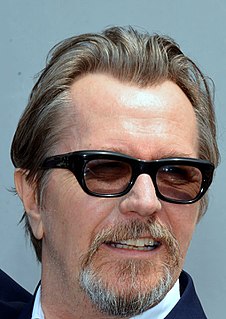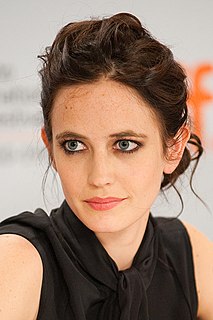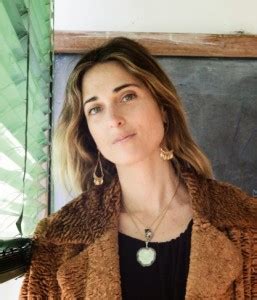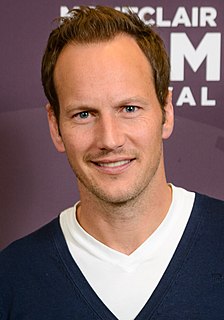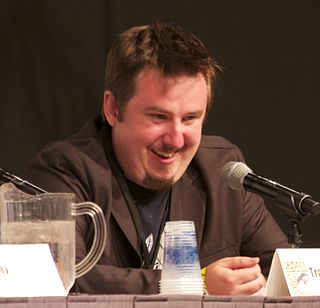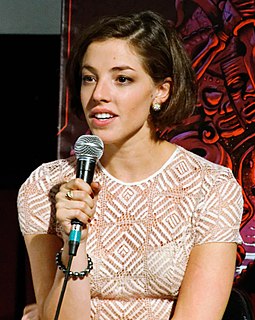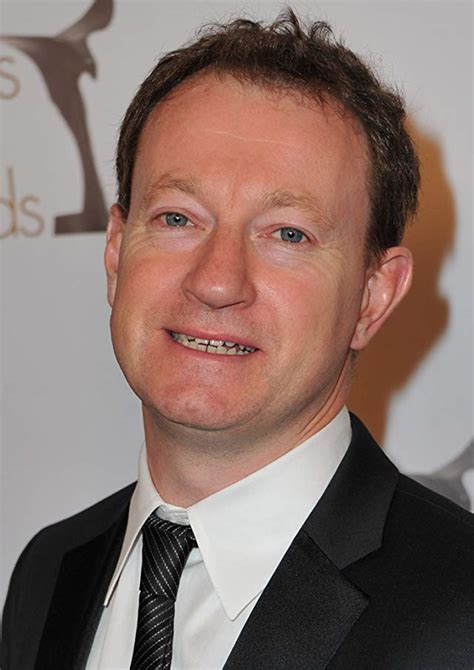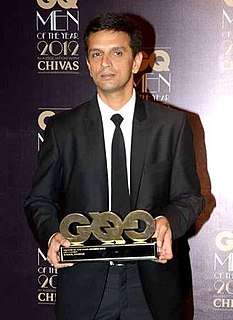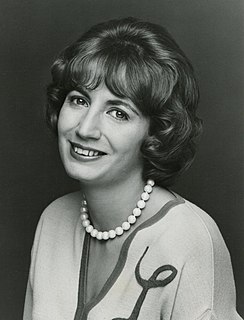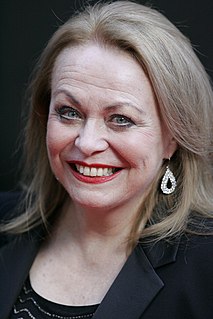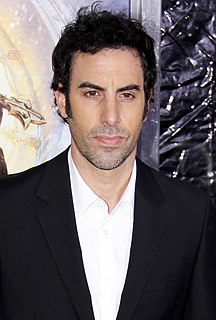A Quote by Gary Oldman
I think filmmaking should be a wonderfully free collaborative process, and it so very rarely is. I often see directors as jailers of my talent.
Quote Topics
Related Quotes
I would like to believe that I am a collaborative actor. That's why I love all the directors I have worked with in recent times, as they are all collaborative directors. I think my constant desire is to keep bettering my own work. I don't get easily satisfied with my work; I am very critical of it. I learn from my mistakes.
Screenwriting involves an often un-personal process. Co-writers, directors, producers, everyone has a say in what you put on a page, and stories are constantly changing according to budget, actors, and commercial needs. Films are a collaborative process and are also inherently narrative and structured, so you are always working within very tight parameters. Short fiction unleashes a more intimate voice and a passion for language. I believe short narratives can have the same amount of danger and drama as any action film.
I think we judge talent wrong. What do we see as talent? I think I have made the same mistake myself. We judge talent by people's ability to strike a cricket ball. The sweetness, the timing. That's the only thing we see as talent. Things like determination, courage, discipline, temperament, these are also talent.
When I first started out, it was very, very difficult to even get in the room with directors or casting directors because they would see that I hadn't been to drama school and wouldn't want to see me. Now, I feel like it's changing. We have this new generation of a lot of writers, directors and actors who are just breaking through, and they're doing it for the passion.
I really love it, I love working with directors that are very collaborative and allow me input. I've done over 75 films, it's just like you're an apprentice. You learn so much about camerawork, lenses, and I'm always talking about DPs and directors and they always give me lists. I think pretty soon, I'll be ready to move away from being in front of the camera.
